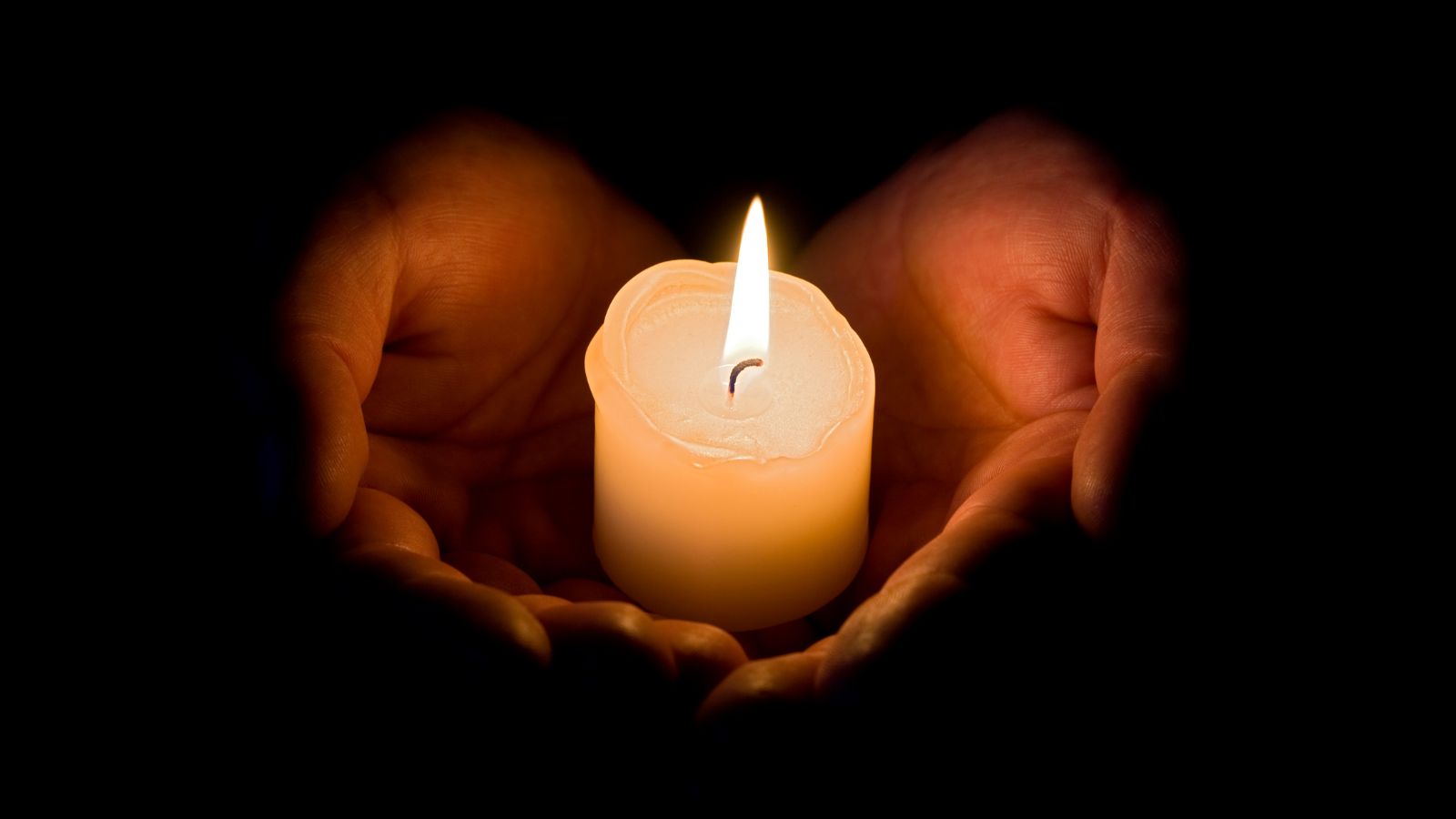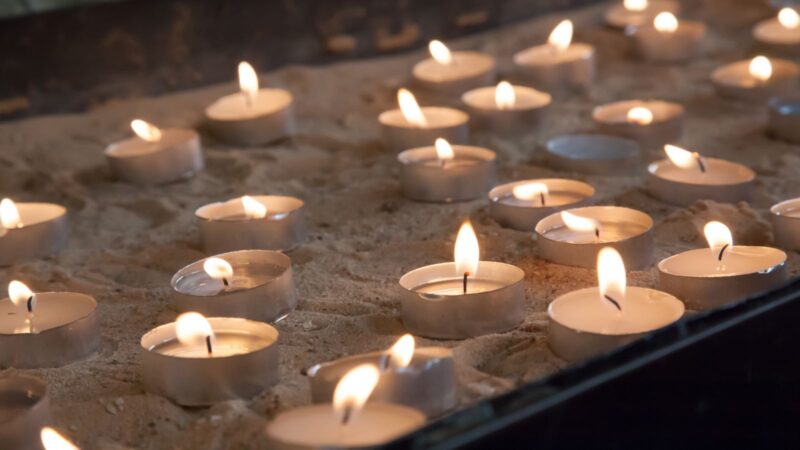
Yizkor, a Hebrew word meaning “He will remember,” refers to a prayer recited in Jewish tradition for the souls of the deceased. This prayer is recited during significant Jewish holidays, including Shavuos, Yom Kippur, and other Yizkor days. The Yizkor card plays a crucial role in this remembrance ritual, providing an opportunity for individuals to participate in the prayer even if they are unable to attend synagogue services. We will explore the significance of the Yizkor card in these key observances and how it serves as a means of connecting the living with the memory of the departed.
The Importance of the Yizkor Card in Key Jewish Holidays
- The Yizkor Card and Its Connection to Shavuos
Shavuos is one of the most significant Jewish holidays, marking the revelation of the Torah at Mount Sinai. This holiday holds a unique place in Jewish tradition, as it emphasizes the connection between the Jewish people and God through the Torah. The Yizkor prayer is recited during Shavuos to honor the souls of deceased loved ones. The Yizkor card provides an essential function in this ritual. As families gather to celebrate the holiday, the card allows individuals to signify their intention to include their departed relatives in the prayer.
In some communities, the Yizkor Prayer Card serves as a personal expression of remembrance, allowing mourners to actively participate in the memorial process. By dedicating time and thought to the memory of loved ones, the card reinforces the idea of continuity between generations and the enduring presence of the deceased within the Jewish community.
- Yizkor During Yom Kippur and Its Personal Meaning
Yom Kippur, the Day of Atonement, is a solemn occasion where Jews seek forgiveness for sins committed over the past year. The Yizkor prayer on Yom Kippur assumes an especially profound significance, as it is a time for introspection and reflection on mortality. The Yizkor card is often used during this time to signify the personal connection between the living and the departed.
During the recitation of Yizkor, individuals remember their loved ones while contemplating their actions and relationship with God. The card serves as a tangible reminder of the deceased, offering a moment to pause and honor their memory while recognizing the cycle of life and death. For those in mourning, the card enables them to express their grief while simultaneously participating in the collective ritual of remembrance, thereby reinforcing the communal aspect of the experience.
- The Symbolism of Yizkor on Other Yizkor Days
In addition to Shavuos and Yom Kippur, Yizkor is recited on other occasions known as Yizkor days. These typically include the last day of Passover, Shemini Atzeret, and certain times during the Jewish calendar, such as the yahrzeit, the anniversary of a loved one’s death. The Yizkor card plays a consistent role in these days, acting as a bridge between the living and the deceased.
On Yizkor days, the card is often used by individuals who want to contribute to the memorial service or give charity in memory of their loved ones. This tradition emphasizes the idea of tzedakah (charity) as a way to elevate the souls of the departed. For many, the Yizkor card is a ritual that strengthens their connection to Jewish traditions while also serving as a poignant reflection of their ongoing commitment to remembering those who have passed away.
- The Yizkor Card as a Tool for Communal Unity
The Yizkor card is more than just a personal reminder of a loved one. It has a significant impact on communal unity. When a person submits a Yizkor card, especially in a synagogue, they are participating in a shared moment of remembrance with the entire congregation. This collective prayer connects the memories of the deceased to the broader Jewish community, reinforcing the bond of tradition.
During the High Holidays and on Yizkor days, many synagogues invite individuals to submit Yizkor cards, which help fund charitable activities that honor the memory of the departed. This practice symbolizes the collective responsibility for preserving Jewish heritage and tradition, fostering a sense of solidarity within the community. The act of submitting a Yizkor card can remind individuals that their grief is shared by others, creating a sense of belonging and support within the congregation.
- The Yizkor Card’s Role in Honoring Tradition
The Yizkor card is an important part of Jewish tradition, deeply rooted in the customs of the faith. The practice of remembrance has been passed down for generations, and the Yizkor card serves as a continuation of this sacred tradition. It allows individuals to participate in the rituals surrounding the memory of the dead, a practice that dates back to ancient times. While the specific form of the card may vary from community to community, the intent remains the same: to keep the memory of loved ones alive and to ensure their souls are elevated through prayer and charity. By participating in this tradition, individuals affirm their commitment to Jewish customs and to honoring the departed in a meaningful way. The Yizkor card, therefore, helps preserve the continuity of Jewish heritage, creating a link between the past, present, and future generations.
The Yizkor card plays a vital role in Jewish tradition, providing a meaningful way for individuals to honor the memory of the deceased during key holidays, such as Shavuot, Yom Kippur, and other Yizkor days. Through this simple yet profound ritual, individuals can connect with their loved ones, contribute to communal unity, and preserve the enduring customs of their faith. The Yizkor card serves not only as a tangible reminder of the departed but also strengthens the bond between the living and the memory of those who have passed, ensuring their legacy endures within the Jewish community.

